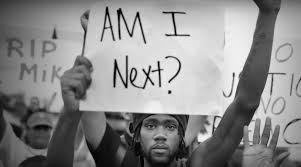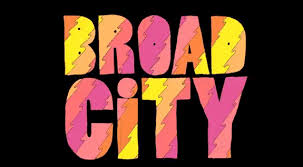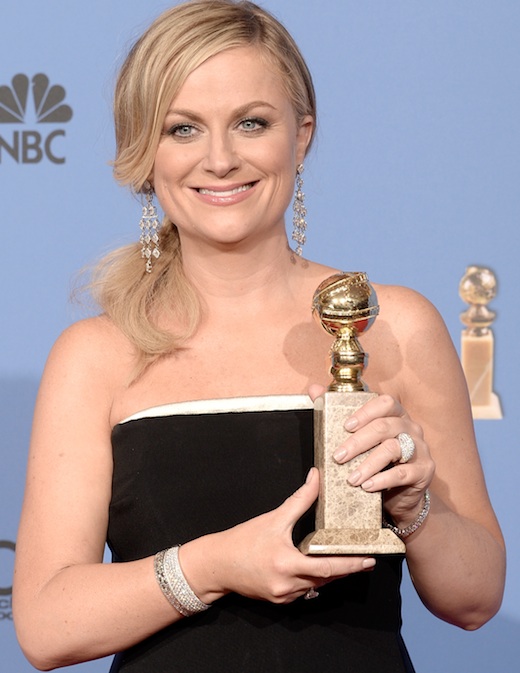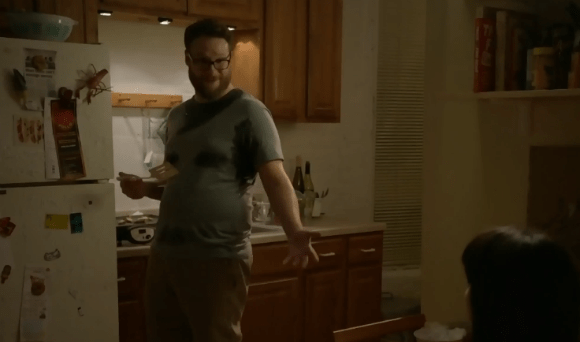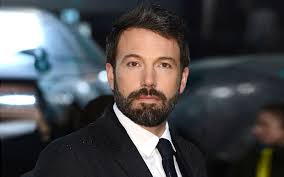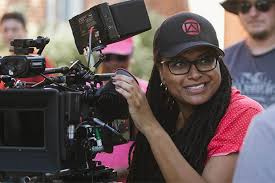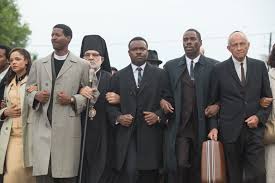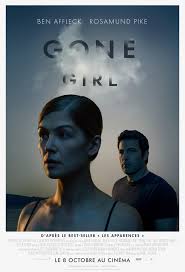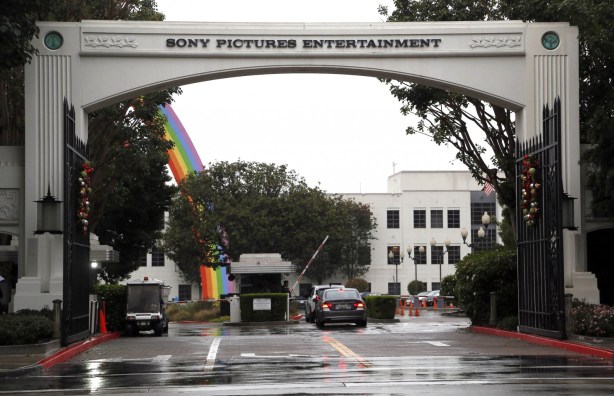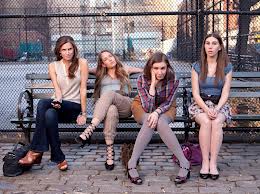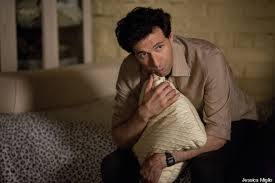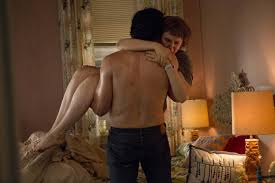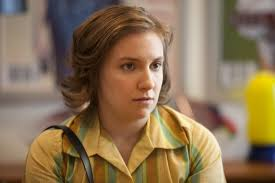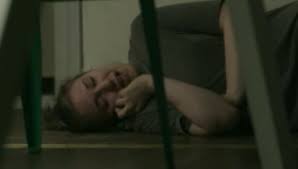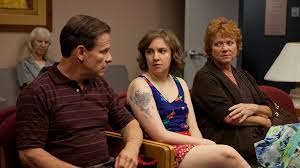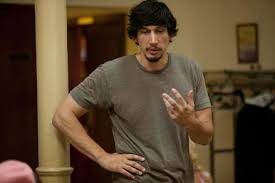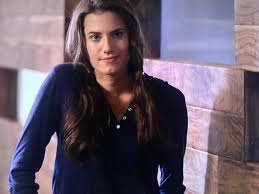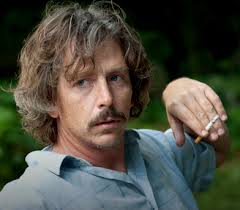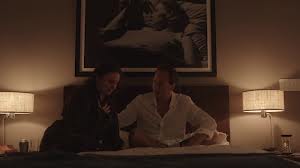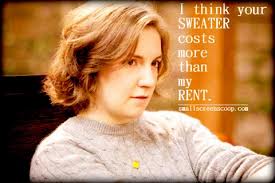
The 13th is Ava DuVernay’s latest film and was released through Netflix in October 2016. It’s a documentary about mass incarceration, in the United States, that disproportionately affects African-American men. DuVernay both directed and co-wrote the film, and it’s a follow-up to her Oscar nominated Best Picture biopic Selma, in which she also directed. The 13th was also nominated for Best Documentary Feature at the 89th Academy Awards.
The 13th is a broad overview of a pressing American issue which was mentioned quite often during the 2016 Presidential Election. The film begins with the 13th Amendment, its subsequent abolition of slavery and covers the next 100 years including the Jim Crow laws, segregation, the Civil Rights movement, and the Black Lives Matter movement. Its central thesis is that the 13th Amendment to the U.S. Constitution provided a loophole, which reads, “Neither slavery nor involuntary servitude, except as a punishment for crime whereof the party shall have been duly convicted, shall exist within the United States, or any place subject to their jurisdiction.” The key words here are, “except as a punishment for crime.” Unfortunately, after the Civil War, many Black men were arrested and convicted of made-up offenses to essentially re-enslave them in the South.

When that became an unpopular practice, the Jim Crow laws made sure that Blacks continued to be disenfranchised and second-class citizens. The progress of the Civil Rights movement and resulting desegregation was wiped away by the influx of drugs into minority and poorer neighborhoods. This resulted in many arrests of dealers and users, once Republican President Richard Nixon cried out for a war on drugs and talked about bringing, “law and order.” This phrase is both frightening and an eerie carbon copy of what current President Donald Trump promised he’d deliver once elected. The problem became further exacerbated by Reagan’s policy of “Just Say No” and tougher sentences for crack possession over cocaine possession. This meant that 1980’s White Wall Street traders went largely unpunished, while their poorer Black counterparts got sent to Rikers Island for years for holding 10 times less.
These findings are backed up by shocking statistics that are highlighted in the film. For example, the film starts off with the fact that the United States makes up 5% of the world’s population, but holds 25% of the world’s prisoners. It explains that in 1970 there were 200,000 U.S. prisoners and in 2014 there were approximately 2,300,000. Over 800,000 of these prisoners are African-American. In fact, a startling disparity DuVernay calls out is that 1 in 3 Black men will end up in prison at some point in their life versus 1 in 17 White men. This comparison is both heartbreaking and incomprehensible.

DuVernay uses archival footage and 47 interviews with prominent activists, historians, pundits, and politicians like Angela Davis, Henry Louis Gates, Van Jones, and Cory Booker. She starts with disturbing images of D.W. Griffith’s Birth of a Nation and end-caps it with haunting pictures of Treyvon Martin. The film takes a wide-angle view at a multitude of issues that have led us to the present day problem. Starting with the verbiage of the 13th Amendment itself, to reconstruction in the South, Jim Crow, segregation, Civil Rights, Nixon, Reagan, Clinton, drugs, ALEC (a non-profit organization that teams up with corporations to write legislation and pass it on to Republican members of Congress), the media, the privatization of prisons, the militarization of the police, and mostly never addressed in other films – the systematic elimination of powerful African-American leaders.
With so many causes covered, I couldn’t help but wonder if this film would have been more effective as a limited series on Netflix. With perhaps an hour devoted to each of the items listed above. The interview and story of Angela Davis’ was so powerful, she deserves her own documentary too.
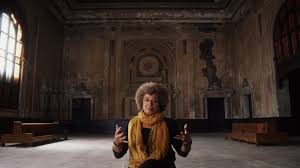
DuVernay uses music to transition between each of the issues and highlights the words of the songs. What’s fascinating is that since the Civil War, the songs all include lyrics about being locked up in chains from folk songs to rap group, Public Enemy. There were a few too many talking-head style interviews included, and the film felt like it could have been 10 minutes shorter. It seemed that a few of the interviewees’ points were shown multiple times just so the audience could hear the words, “mass incarceration” over and over again.
I didn’t personally learn many new findings having already been familiar with the unjust mass incarceration of African-Americans through my political activism. But I felt the weight of the film and its potential to educate those with less knowledge on the matter.
It also felt strange that the audience was predominately White. I saw the film through DocuDay, an event that the International Documentary Association (IDA) runs. They screen all the Oscar nominated documentaries on Oscar weekend. It made me wonder who is DuVernay’s intended audience? Was she preaching to the choir at the event I attended? Were most of the educated upper-middle class people in attendance going to go out, discuss it over dinner, and then go home and forget about it until they vote in 2018?
But I went to this specific screening for a reason. I could have watched it at home on Netflix on my sofa. However, Ava DuVernay was there for a Q&A after the film. She squeezed it in between her new film, A Wrinkle in Time, which is shooting in New Zealand, the Independent Spirit Awards, and the next day’s Oscars. I was grateful to hear from her and learn from her insights. It was moderated by Simon Kilmurry, the Executive Director of IDA. One great question he asked DuVernay was, “What do you hope people will do after watching this film?” She first said,”Let’s hope you do someting.”But then she added, “I’m really interested in how people change what they think about who a criminal is.”
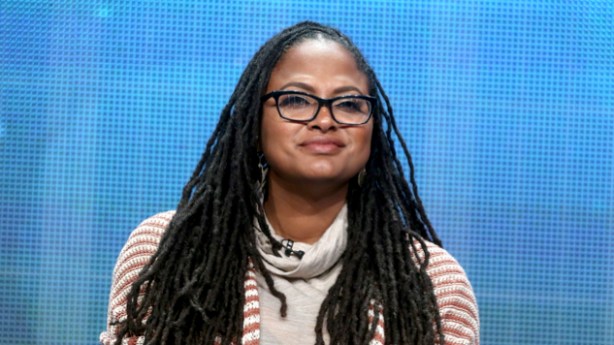
There were also some questions about her experience with Selma during the 87th Academy Awards and some sophisticated candor in her answer as to how she felt about that and what her expectations were for this years’ Academy Awards. Another question by Kilmurry was, “How do you see documentary film fitting into your overall body of work?” She answered, “We have to look to the people that inspire us. And you know Spike Lee’s career really inspires me. Unfortunately there’s no Black woman that I can look to and see a career like the one I want to have. Because there are none that have been given the opportunity and the resources and the support and the amplifications to have careers where they’ve made more than four films in different formats with different ways in which their amplified…” What’s ironic in this statement is DuVernay may not have any similar person to look to, to model her career after, but she is creating a pathway for future Black women filmmakers. She is the trailblazer.
Lastly, Netflix is offering to screen this film for free, for those that don’t have a Netflix subscription in public libraries, schools, and in gatherings of three or more people. This is excellent, and while watching the film I felt that it would be useful as a teaching tool. I went with my boyfriend and another male friend to the screening. They liked the film, and I think they learned something. And isn’t that the point?
